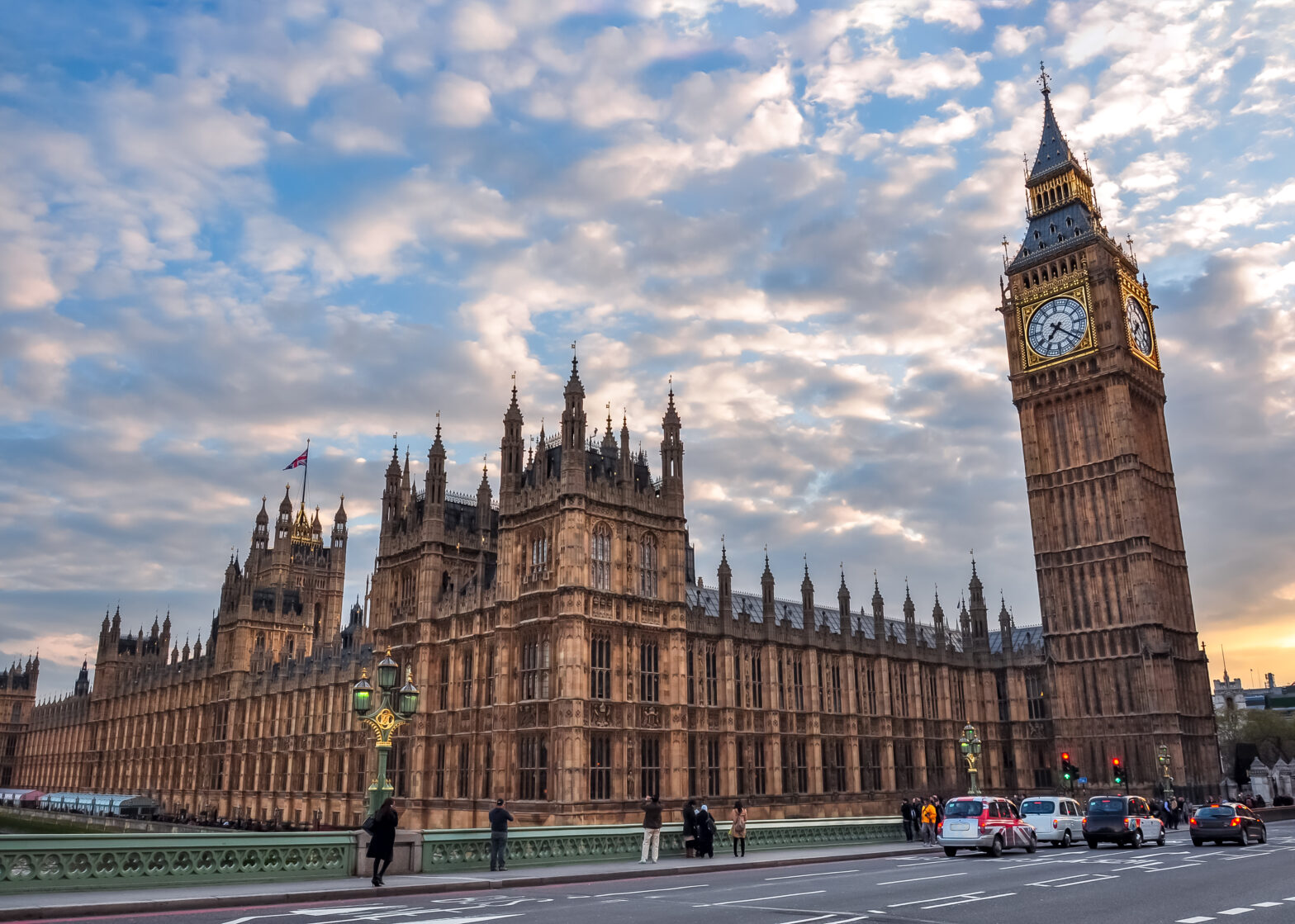The public Internet was originally designed with the high ideal of universal access in mind, with all information treated equally. But now, the fear among some parties is that the World Wide Web is to become a plutocracy, in which preferential routing protocols will be available to those prepared to pay.
Attempts to prevent that happening have so far been thwarted: Despite heavy lobbying from companies such as eBay and Google, two proposed amendments to US law aimed at preserving ‘net neutrality’ have been rejected by the House of Representatives. Many of the infrastructure providers and bodies that govern the Internet are based in the US, so any law passed there will have global ramifications.
Net neutrality advocates fear that network infrastructure providers will offer premium rate network services to those content producers that can afford it, creating a two-tiered Internet.
That could in theory impede information flow to businesses, public organisations or individuals unwilling to pay, or even give Internet service providers control over what sites customers can access.
Telecommunications companies, on the other hand, argue that offering businesses premium rate Internet services would help to pay for network upgrades that would in turn improve service for all content providers.
Is the movement to protect net neutrality right to demand a change in the law? Tim Berners-Lee, founder of the World Wide Web, believes that it is.
“To design legislation that ensures neutrality of the Net may be a difficult task, but it is a very important one,” he wrote recently on his blog. “The US should do it now.”
But opponents to intervening legislation argue that “Internet access tiering” is no different from any other premium service a business might offer to customers who choose to pay more.
In an online debate for Legal Affairs magazine, Professor of Law at Vanderbilt University Law School Christopher Yoo, pointed to courier company FedEx and its overnight delivery service: “FedEx customers were more than happy to pay more for faster service, since it opened up new ways of doing business. The same logic applies to the Internet.”
The experts' response…
Legislation is a cumbersome and unnecessary tool to preserve network neutrality, says Cisco Systems’ government affairs spokesman Richard Allan.
“As the Internet becomes better, faster and more integral to our economy and personal lives, it is necessary for broadband Internet access providers to use innovative technology to manage their networks to provide quality of service and new features and services to meet evolving consumer needs.
“In recent years, telecommunications regulation has had a difficult time keeping up with changes in technology and markets. Imposing specific network neutrality rules now to address hypothetical problems would only compound the problem.”
Internet pioneer and now Google vice president, Vinton Cerf, says net neutrality was a vital component in the success of the Internet.
“Allowing broadband carriers to control what people see and do online would fundamentally undermine the principles that have made the Internet such a success.
“Google believes that consumers should be able to use the Internet connections they pay for the way they want. This principle – that users pick winners and losers in the marketplace, not carriers – is critical to innovation online. We care passionately about the future of the Net, not just for ourselves, but for all the other potential Googles out there.”







